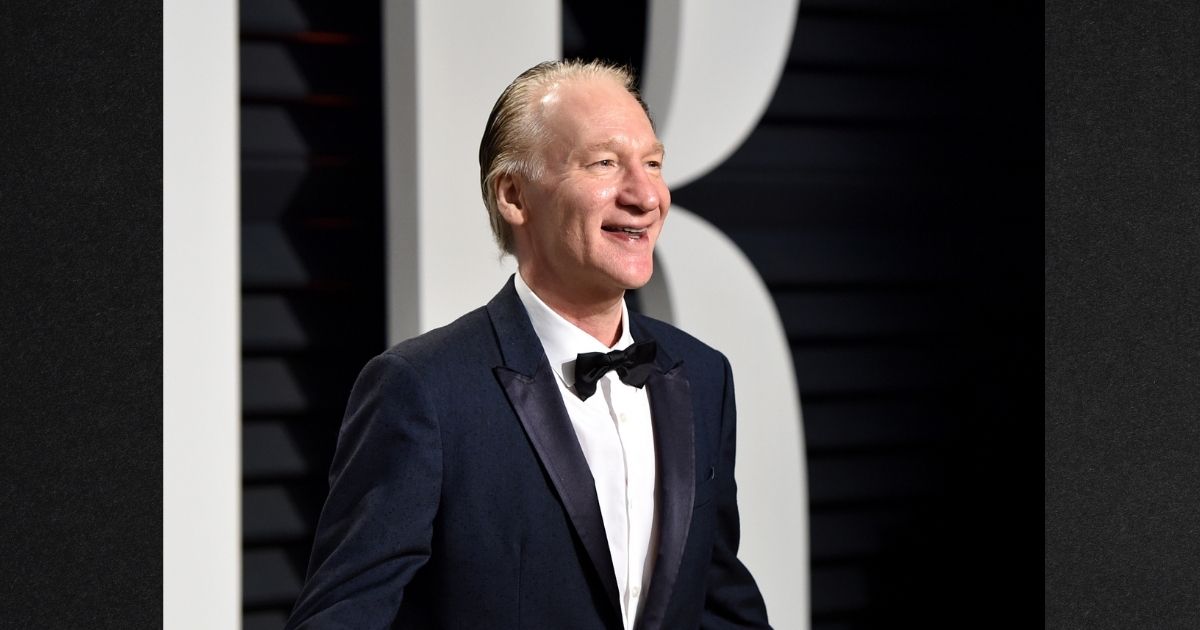Biden's Strong Rebuke Of Supreme Court's Ruling On Trump Immunity Raises Eyebrows
President Joe Biden sharply criticized the Supreme Court's recent decision to uphold broad presidential immunity, specifically in cases involving former President Trump.
According to Fox News, Biden's unprecedented critique contrasts markedly with previous presidential decorum in responding to judicial decisions.
On Monday, President Biden took the unusual step of delivering a primetime broadcast to openly challenge the Supreme Court’s ruling.
By a 6-3 vote, the Court had decided that presidents have immunity from prosecution for official acts within their constitutional authority, a verdict that favored Trump.
Historical Precedents Of Presidential Responses
Examining historical instances, it's evident that while past presidents have sometimes voiced disagreements with Supreme Court decisions, none have done so with the intensity of Biden’s recent comments.
For example, President Obama briefly criticized the Court during his 2010 State of the Union address regarding the Citizens United ruling, emphasizing its impact on election financing.
In contrast, following the contentious 2000 presidential election, which was resolved by the Bush v. Gore decision, then-President Bill Clinton expressed his pride in the candidates and the nation’s unity, significantly more subdued than Biden's current stance.
Though critical, President Nixon’s 1974 commentary was also less accusatory in tone compared to Biden’s outright censure of the Court.
Biden's Critique And Historical Contrast
Biden's harshness extends beyond the ruling itself. He targeted specific justices, mentioning undisclosed travels by Justice Clarence Thomas as part of his critique.
Such direct criticism of individual justices is largely unparalleled in the scope of past presidential commentary.
Legal and political experts, including Mark Paoletta and Kyle Brosnan, have underscored how singular Biden's address was. Brosnan noted that the address might be considered part of the political left's broader attempt to delegitimize the Court following unfavorable rulings.
According to President Biden, the decision sets a “dangerous precedent” as it ostensibly erodes the checks on presidential power, asserting:
This nation was founded on the principle that there are no kings in America; each of us is equal before the law. The power of the office will no longer be constrained by the law.
Reaction And Debate Among Politicians And Analysts
Republican responses were swift and severe, with Senator Tim Scott stating that Biden now poses "the greatest threat to American democracy."
Analyst Jonathan Turley expressed concern about Biden's portrayal as a staunch defender of constitutional norms, highlighting a growing debate about the impartiality and respect of executive powers toward the judiciary.
Mark Levin criticized the Supreme Court for allegedly allowing Prosecutor Jack Smith to overstep constitutional bounds, echoing sentiments of judicial overreach.
Implications of the Separation Of Powers
The ramifications of such a public dispute between the executive branch and the Supreme Court are far-reaching, touching on fundamental principles like the separation of powers and judicial independence. This incident may serve as a critical point of reference in future discussions about the balance between these branches.
Biden’s direct address has undoubtedly set a new tone for how sitting presidents might engage with judicial decisions in the future. It reflects a strategic, possibly transformative approach by the executive in dealing with the judiciary.
Conclusion
This significant escalation in presidential rhetoric toward the Supreme Crown touches on essential themes of legality, governance, and the checks and balances that underpin the U.S. political system. As debates and discussions unfold, the long-term impact of Biden's unprecedented critique will perhaps redefine the interactions between the presidency and the Supreme Court for years to come.





